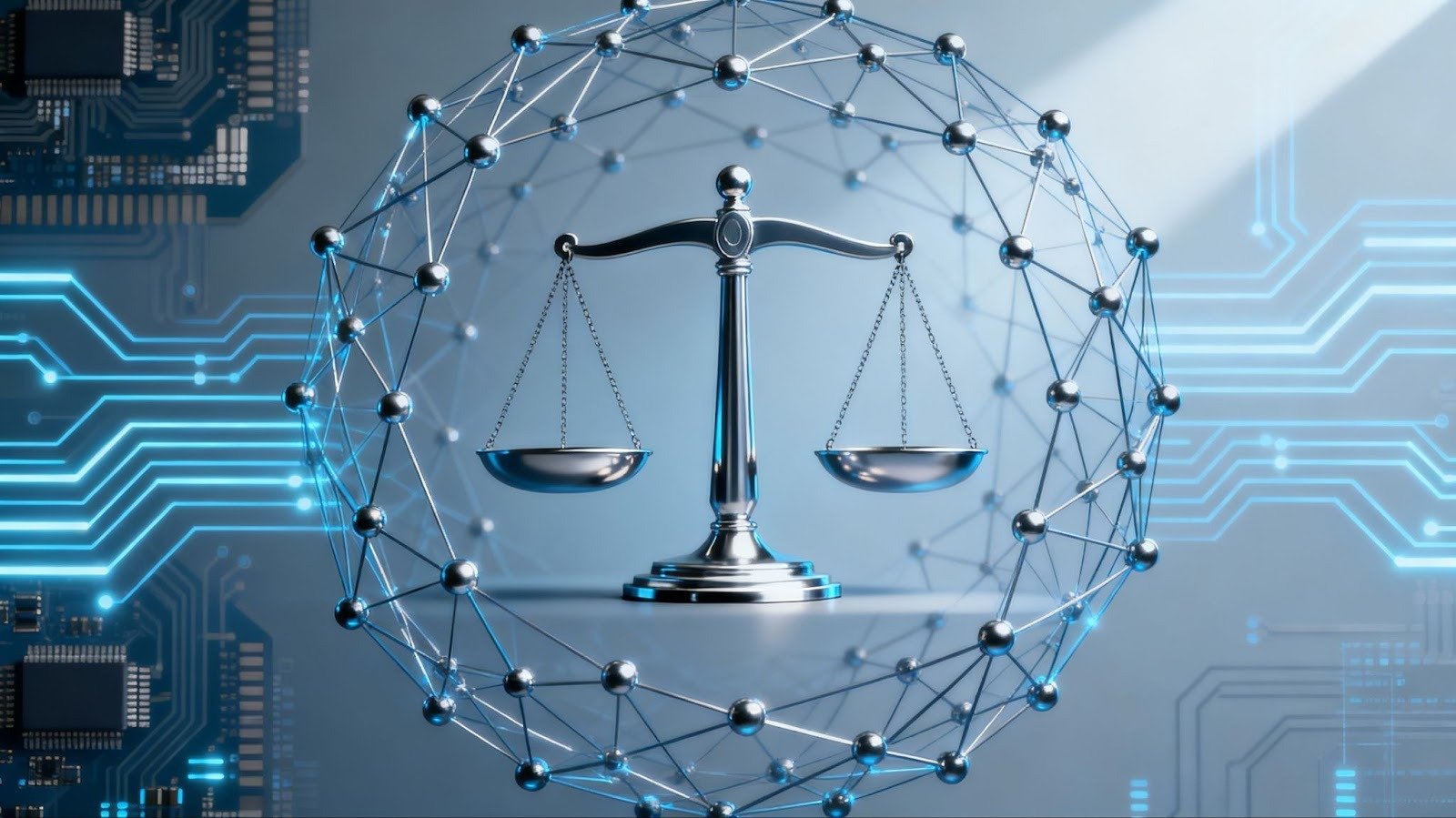
The Trust Problem
Legal information is everywhere online—statutes, blogs, court sites, marketing pages. But accessibility doesn't guarantee accuracy. A lawyer in Arizona recently faced sanctions for filing a brief with 12 fabricated or misleading cases generated by AI. A Czech court explicitly rejected ChatGPT outputs as evidence, stating the tool "is not a reliable source of factual information". These aren't edge cases anymore.
Out-of-date law, jurisdictional mismatches, and outright errors turn up routinely. AI chatbots like ChatGPT answer legal questions in seconds, but the question is whether you can rely on those answers when real decisions are at stake.
From Law Libraries to Black Boxes
To understand why trust matters now, consider how far legal research has come—and how much we've lost along the way.
Traditional legal research meant law libraries, case digests, and trusted reporters—slow, expensive, but reliable. Then came online databases—Lexis, Westlaw, Bloomberg Law—ushering in faster, searchable legal research. But the explosion of content and open web sources made Google the default starting point for many. Today, chatbots and generative AI promise instant "legal" answers, yet answers often lack jurisdictional nuance, sourcing, or verification.
The High Cost of Bad Information
A wrong citation can sink a case. A jurisdictional mismatch can derail a deal. A missing update can mean compliance failure.
Courts have already sanctioned multiple lawyers for submitting fake cases generated by ChatGPT. In Mavy v. Commissioner of Social Security Administration (D. Ariz. 2:25-cv-00689), U.S. District Judge Alison S. Bachus found that 12 of 19 cases cited were "fabricated, misleading, or unsupported". The attorney, Maren Ann-Miller Bam, had to notify three federal judges that she had attributed fictitious cases to them. In another case, a federal court went beyond fines and disqualified attorneys from representing their client for the remainder of the proceedings, stating: "If fines and public embarrassment were effective deterrents, there would not be so many cases to cite".
In a 2024 Czech court ruling, judges explicitly stated that ChatGPT "is not a reliable source of factual information" and rejected it as evidence. OpenAI itself updated its usage policies on October 29, 2025, to explicitly prohibit "providing tailored legal, medical/health, or financial advice without review by a qualified professional". If you're using ChatGPT to prepare for court, you're taking a serious risk.
The New Standard
Law firms and in-house teams are turning to domain-specific, AI-powered legal research platforms designed for reliability. Instead of combing the web for unchecked answers, legal AI platforms now cite primary sources—each answer links to statutes, case law, regulations, or commentary. They flag jurisdictions, eliminating confusion between US federal, UAE, or UK law in one answer. They track updates to ensure cited law is current.
When the Supreme Court overturned Chevron deference in June 2024, fundamentally reshaping administrative law, the response times told the story. The main legal information platform updated their administrative law practice guides within 24 hours, flagging thousands of cases citing Chevron and analyzing implications for pending regulations. Google searches for "Chevron deference" continued returning law school articles and agency websites describing it as settled precedent for months. The difference wasn't just speed—it was whether practitioners knew the law had changed at all.
How Legal AI Platforms Differ
Specialized legal platforms aren't fundamentally different AI models—they're LLM agents equipped with tools that general-purpose AI lacks. These agents connect to governmental APIs for real-time statutory updates, query vector databases indexed with case law and regulations, and execute multi-step research workflows autonomously. Citation tracing delivers answers with links to live statutes, cases, or official government sites. The difference is infrastructure: where ChatGPT searches the open web, legal agents query authoritative legal databases and official sources.
Key players include Westlaw (Thomson Reuters), Lexis+ AI, and Harvey. Newer platforms are pushing boundaries in different directions. Anylegal.ai, for instance, stands out as a free deep research agentic AI available to legal practitioners and the public alike—offering the kind of multi-jurisdictional, source-grounded research that typically sits behind paywalls. Others specialize in specific practice areas or integrate with law firm workflows.
Where General AI Falls Short
The issue isn't whether ChatGPT can find sources—it's which sources it searches and how. ChatGPT queries the open web: law firm blogs, Wikipedia, outdated government pages, and marketing content. Specialized legal platforms query authoritative databases: official statutory compilations, authenticated case reporters, and real-time governmental APIs.
Jurisdiction matters. ChatGPT searches broadly and delivers "close enough" answers—California precedent for a New York question, federal guidance for a state-specific issue. Legal platforms maintain jurisdiction-specific indices and flag when laws diverge.
There's no privilege protection. Individual ChatGPT queries receive zero attorney-client privilege, and audit trails are user-generated, not platform-certified. For regulated work, that's disqualifying.
Google's AI mode presents a similar challenge. It delivers quick results, but shallow research leads to hallucinations and wrong answers. The system prioritizes speed over depth, often missing statutory exceptions, applying provisions too broadly, or pulling cases from the wrong jurisdiction. For decisions that matter—whether you're a lawyer preparing a brief or someone representing themselves in court—quick isn't enough.
Building Trusted Legal Libraries
A new approach is emerging: using deep AI research agents not just to answer questions, but to verify legal content at scale. Emerging legal AI platforms are deploying AI tools to audit and verify their legal content libraries—cross-checking statutes, validating citations, and flagging superseded provisions across jurisdictions.
This verification layer delivers accuracy as agentic AI augments human legal reviewers by automating tedious verification tasks, allowing experts to focus on nuanced analysis and editorial judgment. The result is a collaboration where AI handles speed and scale while human reviewers provide oversight, ensuring libraries stay current as laws change.
Conclusion: Choosing Accuracy Over Speed
The age of "ask Google" for legal advice is ending. Courts are rejecting AI-generated answers, sanctioning lawyers who rely on them, and OpenAI itself warns against using ChatGPT for legal advice. The message is clear: when accuracy is mission-critical, general-purpose AI isn't enough.
Whether you're a lawyer, business owner, or someone navigating the legal system alone, the stakes are too high for guesswork. The tools exist. The question is whether you're using them.







